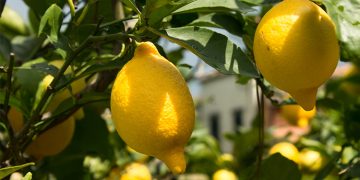Reuters – Nestlé brand Nescafé announced a major new investment in sustainability. Through the Nescafé Plan 2030, the coffee giant will invest over 1 billion Swiss francs (1 Swiss franc = 1.02 USD as of this writing) by 2030 to help make coffee farming more sustainable through regenerative agriculture.
The plan has four major elements:
Supporting farmers’ transition to regenerative agriculture. Nescafé will provide farmers with training, technical assistance, and high-yielding coffee plantlets to help them transition to regenerative agriculture. Practices include planting cover crops, using organic fertilizers, using agroforestry and intercropping, and pruning existing coffee trees or replacing them with disease and climate-change resistant varieties.
Focusing on the areas where Nescafé sources most of its coffee. 90% of Nescafé’s coffee comes from Brazil, Vietnam, Mexico, Colombia, Côte d’Ivoire, Indonesia, and Honduras. The company’s goal is to move to 100% responsibly sourced coffee by 2025, with 50% sourced from regenerative agricultural methods by 2030.
Piloting a financial support program in Mexico, Côte d’Ivoire, and Indonesia to help the transition to regenerative ag. Nescafé will test different methods for providing financial support to farmers, such as conditional cash incentives for adopting regenerative agricultural practices, income protection using weather insurance, and greater access to credit lines.
Reducing greenhouse gas emissions by capturing and storing more carbon. Nescafé will work with farmers, suppliers, and partners to protect agricultural lands, enhance biodiversity, and help prevent deforestation. The brand will also assist in the planting of more than 20 million trees.




















